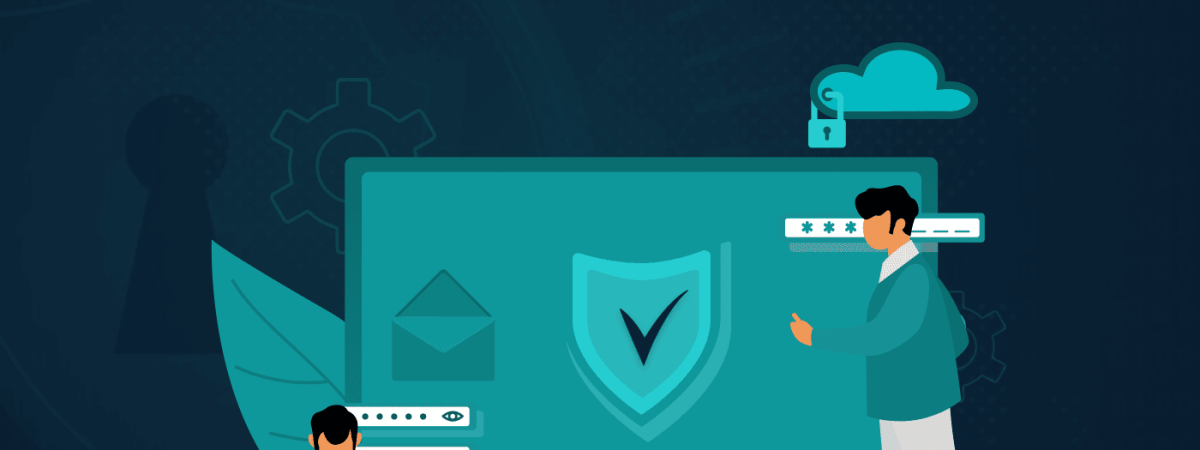Various methods exist to collect your precious data in this era of monitoring and data collection. Below are the most shocking ways companies use to collect your data:
- Stores buying location data from Facebook
- Recording your conversations on public transit
- Location data collected despite opting out
- Cable box collecting your viewing habits
- Ereader collecting your reading habits
- Billboards are monitoring you
Note: To prevent data collection, we recommed using a high-quality VPN service like NordVPN. It encrypts your data and masks your IP address, showing the fake IP addresses to data collectors.
Being tech-savvy, you would be familiar with tech or security news informing you about your data collection. After Trump signed the anti-privacy bill, the ISPs were empowered to collect data with liberty. Moreover, a considerable amount of information is also being collected by online retailers.
The NSA also monitors us all the time. However, there remain a few examples of data collection that might surprise you and might also make you a bit nervous. Read along to learn about them.
Methods of hidden data collection
Below are the ways, based on our research, that advertisers, ISPs, and other agencies use to collect your data:
1. Stores buying location data from Facebook
The Location Awareness program allows Facebook to monitor where you are going and use that data however it sees fit. WCPO reported that the data is sold to stores that you have visited, which is why most people are now worried about their privacy. This is how you may start getting notifications based on the stores you walk into in the future. The notifications might be related to your friend’s visit to that particular store or a sale on one of your favorite products.
According to Facebook, the data sold to stores is anonymous and only used to serve location-based ads. However, it still raises concerns as Facebook knows where you are and might sell this information. Nonetheless, many people might be happy to get better ad-targeting services, but not everyone might be satisfied with such monitoring.
2. Recording your conversations on public transit
An article on NJ.com recently discovered that New Jersey Transit keeps records of passengers’ conversations on light rail trains for a month before discarding them. However, it is instead an Orwellian proposition. NJ Transit recently denied public records requests for their ground surveillance policy. They said such a policy did not exist, and the rumor only added to the conspirational vibe.
However, after criticism from civil rights advocates, NJ disclosed that the information could be shared for just limited investigative purposes with the police and none other. Thus, it becomes crystal clear that NJ Transit keeps data stored.
3. Location data collected despite opting out
The US Federal Trade Commission recently fined $950,000 to a Singapore-based advertising company named InMobi for tracking mobile phone users without their approval. The FTC stated that InMobi deceived customers by signifying that they would be followed if they went for the tracking. However, this turned out to be a lie.
Instead, InMobi used Wi-Fi signals to track users’ locations and deliver them geo-targeted ads regardless of opting out and their privacy settings. The FTC imposed a fine against the company and forced them to delete all the information they had collected. Furthermore, it also instructed the company to obey data collection rules and regulations.
4. Cable box collecting your viewing habits
Many public interest organizations recently filed complaints with the FCC and FTC. The organizations identified Cablevision, Comcast, and AT&T as the worst offenders. They asserted that cable companies are collecting and selling vast amounts of information from consumers’ cable boxes.
The question arises as to what sort of information is being collected. The amount of data you use, hardware details, viewing habits, information on your cable advertisers, and much more is collected and sold to advertisers without the customer’s consent. This information is so important that it can be used negatively. Combining this information with data collected from other sources allows a very accurate customer profile to be easily created.
5. Ereader collecting your reading habits
E-readers like Amazon’s Kindle, Noble’s Nook, and Barnes perform data collection related to your reading habits. This includes data about the books you read; time spent reading when the book is put down, whether you finished reading, and other related data. The manufacturers of these e-readers say that the information is collected to benefit authors and to help them make betterments in their content. However, not everyone agrees to these terms as it is also undoubtedly working as an advertising and marketing tool.
6. Billboards are monitoring you
We all come across various billboards while traveling. But did it ever strike you that the billboard you crossed was watching you? Yes, many billboards can indeed monitor you. The information collected this way is sold to advertisers in massive amounts. All this information exchange is done completely anonymously.
It must feel quite intimidating to be monitored by the billboards you encounter daily. Other types of ads, like bus-stop ads in shopping mall ads, have not yet started monitoring this type of advertisement, but it is much more probable that such advertisements will also begin to do the same.
Trading Information
Whether you know it or not, advertisers and device manufacturers collect much of your information. This is, in fact, a trade because here, you are giving away your information, and in turn, you are receiving something as well. This something can most probably be better-targeted ads. You should notice that whether you approve of this trade, it is always happening in the background; hence, you are a part of it anyway.
Share this article
About the Author
Rutaba Rais is Editor at Be Encrypted with focus on Technology and Internet Security. Apart from her Healthcare background, she has interests in Lifestyle, Journalism, and expressing her opinion by her writing. You can follow her on Twitter.
More from Rutaba RaisRelated Posts
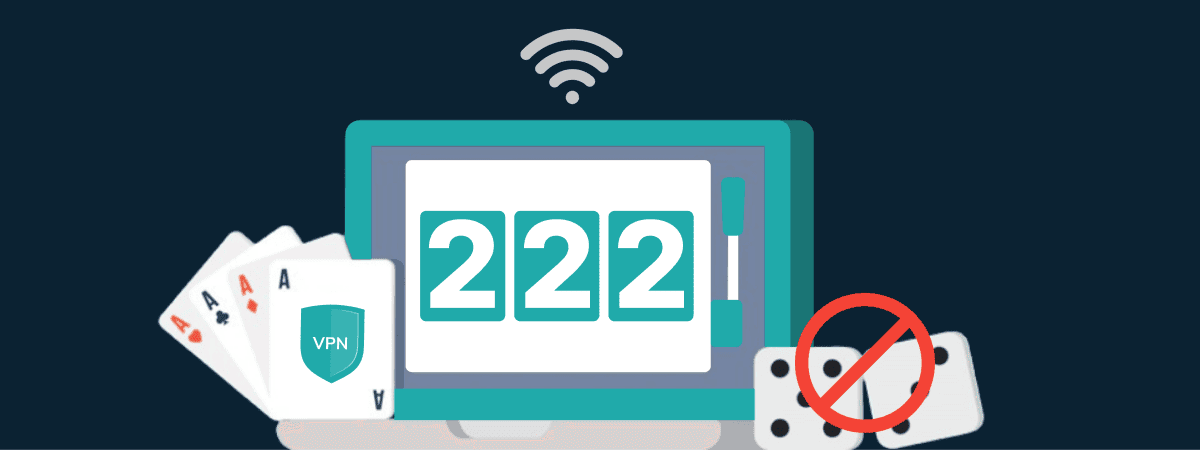
How to Avoid Gambling Restrictions in 2024
KEY TAKEAWAYS Gambling is prohibited in multiple countries as it is addictive, and many people go ba...
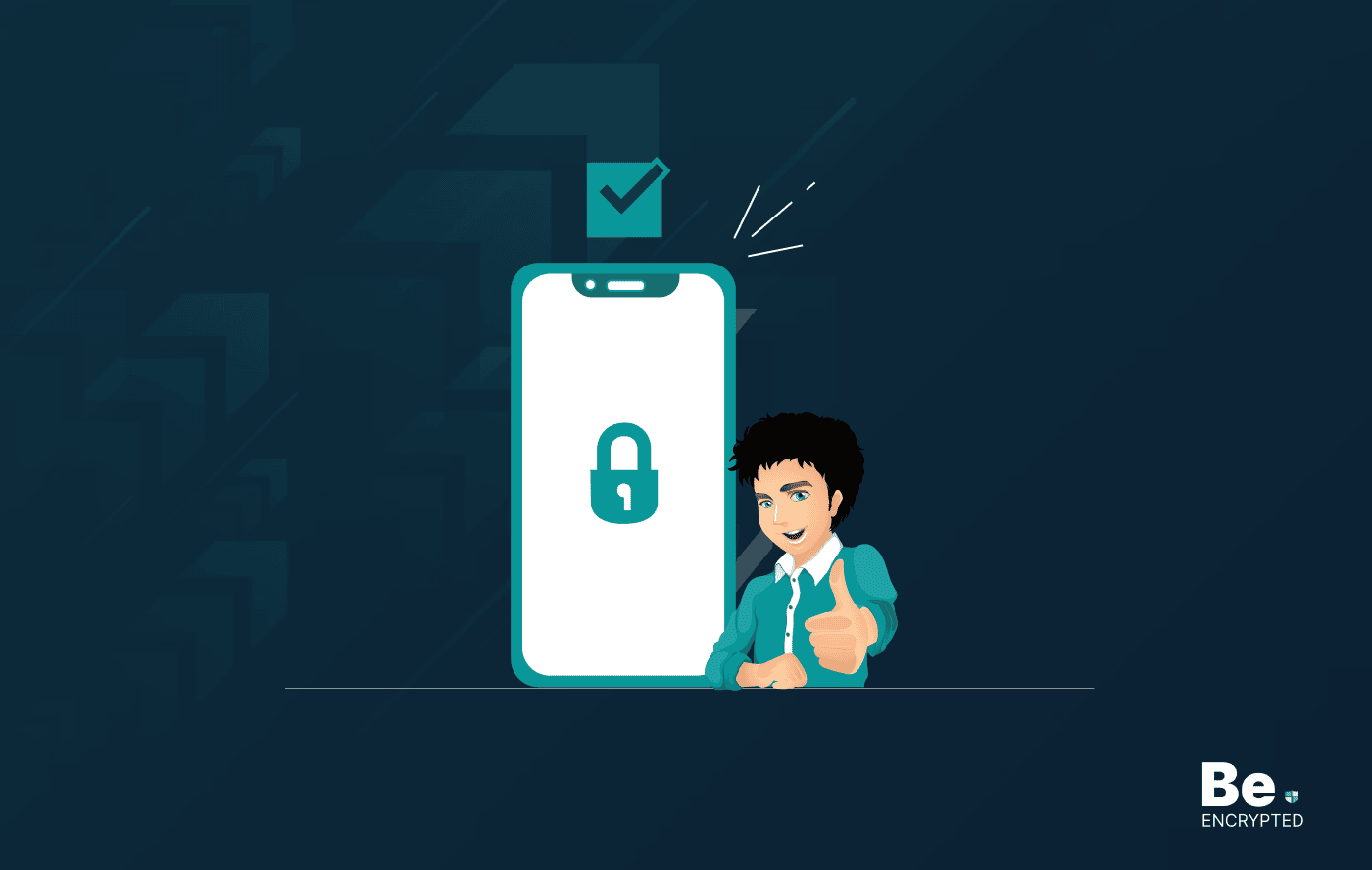
20 Best Penetration Testing Tools For Security Professionals
KEY TAKEAWAYS If you’re in a hurry, then have a look at the list of 20 best penetration testin...
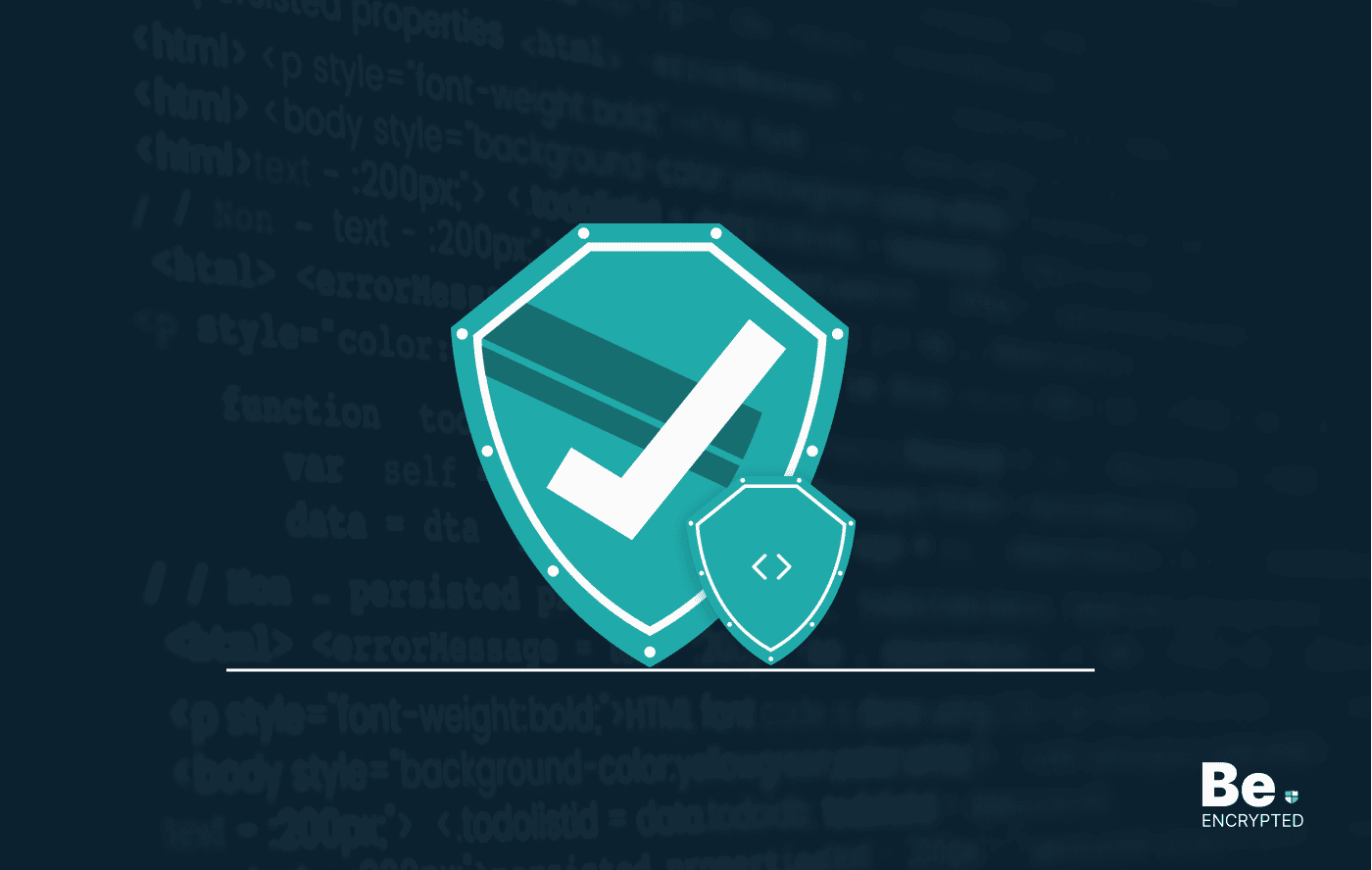
The Role of Developer Security in Software Development
KEY TAKEAWAYS The revolution of DevOps has reduced the SLDC and resulted in the creation of many sof...
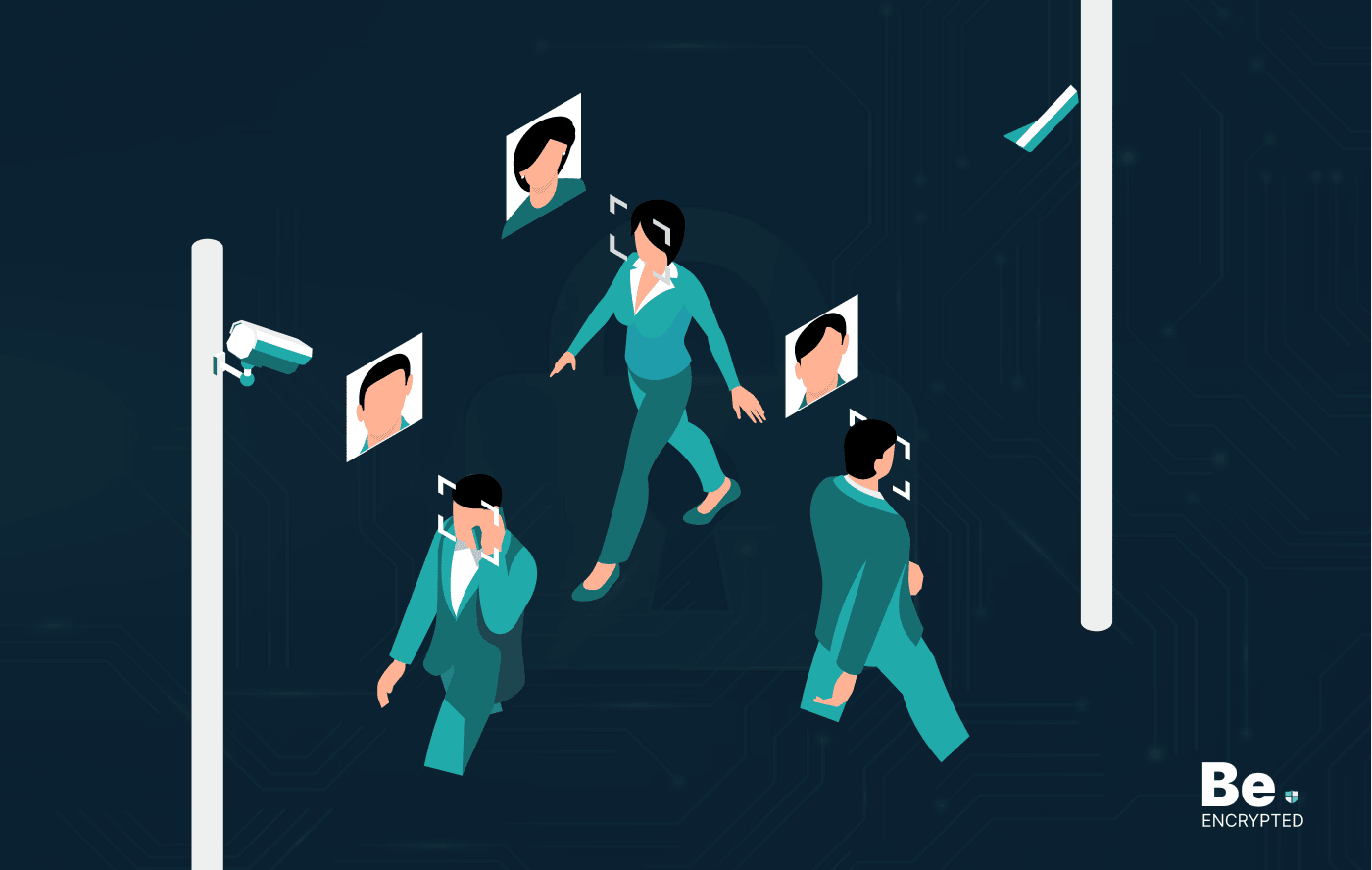
How To Detect Hidden Cameras And Listening Devices? A Complete Guide
Many people feel like someone is watching them or listening to their conversations. They may be righ...

What is Virtual Firewall and How it Helps Us in 2024?
Scientists and technicians are trying to invent the latest technology protection to create barriers ...
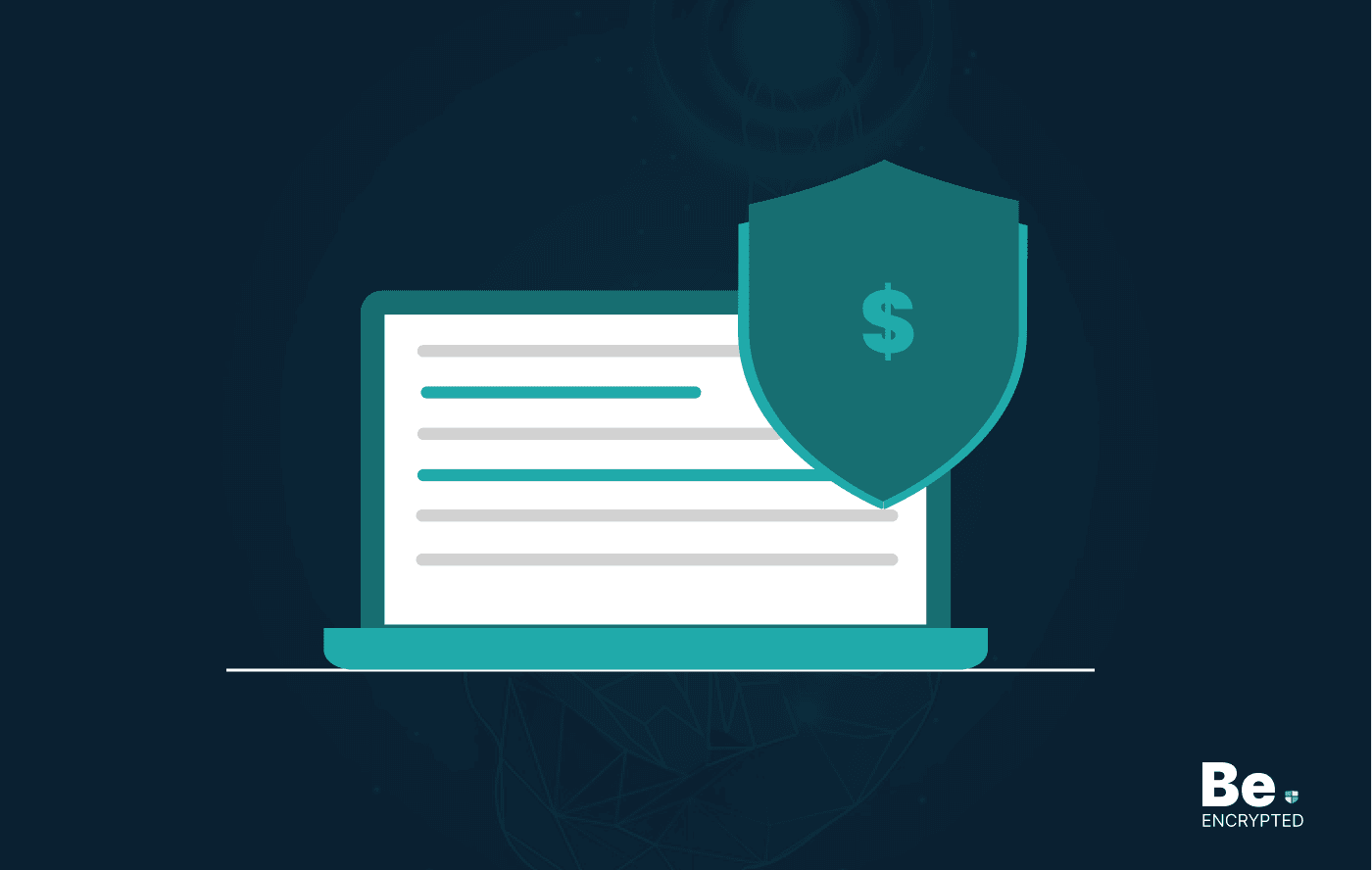
10 Ways to Prevent Ransomware Attacks
KEY TAKEAWAYS Ransomware attacks are growing frequently and affecting every sector of the business i...
